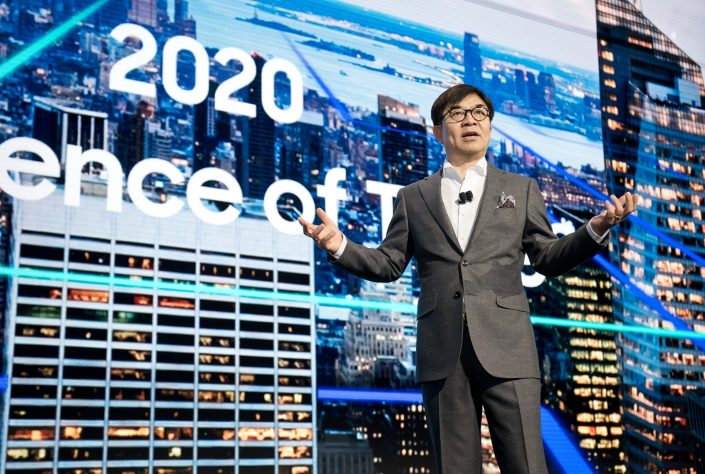Chinese investigators say they have made “important progress” in an investigation into price-fixing by the three leading manufacturers of memory chips for computers.
The investigation has uncovered “massive evidence” of anti-competitive behaviour, officials said, without giving specific examples, the Financial Times reported.
The Chinese government’s statements are seen as a possible indication that it could use the probe — and the potentially large fines in which it may result — as a bargaining chip in an increasingly fractious trade altercation with the US.
The country is investigating South Korea’s Samsung Electronics, currently the world’s biggest chipmaker, as well as SK Hynix and the US’ Micron Technology.

Anti-monopoly probe
“The anti-monopoly investigation into these three companies has made important progress . . . (It) has yielded massive evidence,” said Wu Zhenguo, the head of China’s anti-monopoly bureau under the State Administration for Market Regulation, according to the FT.
Bloomberg also reported that the country’s anti-monopoly bureau had made “progress” in the investigation.
The three companies under investigation control up to 95 percent of the market for the DRAM memory chips used in computers and smartphones.
DRAM prices rose sharply last year and have continued to increase this year.
Samsung, in particular, has benefited from the price increases in a series of stellar quarterly profits, although the company said earlier this month it expects DRAM prices to begin levelling off late this year.
The memory chip market has tended to develop in broad boom and bust cycles, due in part to the vast expense of building manufacturing plants, but memory chip makers have also paid out hundreds of millions to settle price-fixing allegations in the US and the EU.
China’s probe follows an April class-action lawsuit in the US that also alleges price-fixing charges by the same three companies. The case is being contested.
Chip war
Chinese investigators visited the China sales offices of the three companies in May, the FT said. The companies have said they are cooperating with the probe.
An SK Securities analyst cited by the paper estimated China could fine each of the three companies more than $2.5 billion (£1.94bn) in a worst-case scenario if price-fixing is proven.
SK Securities analyst Kim Young-woo said China could be looking to pressure chipmakers into building wafer factories as joint ventures with Chinese companies and spurring the transfer of chip technology to China.
The US has accused Chinese companies of conspiring to steal trade secrets related to chip manufacturing as part of a plan to build up China’s domestic chip production industry.
In October the US banned exports to Fujian Jinhua, a major Chinese chip start-up, before filing formal criminal charges of industrial espionage against the company.





